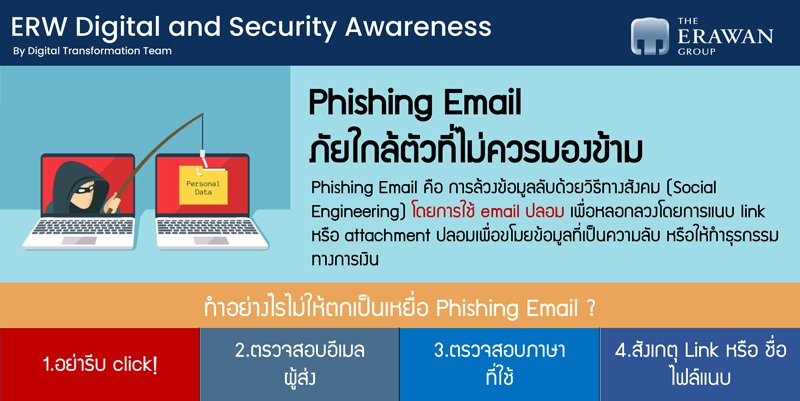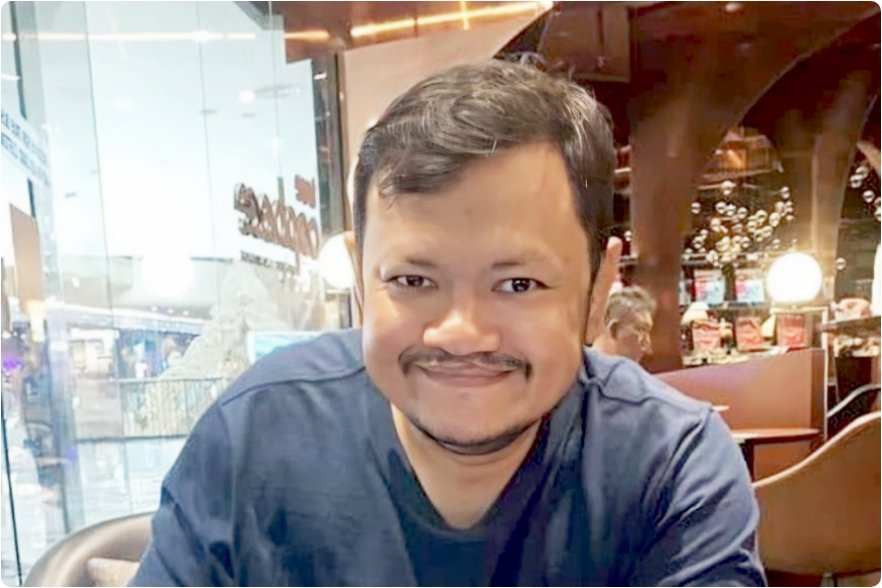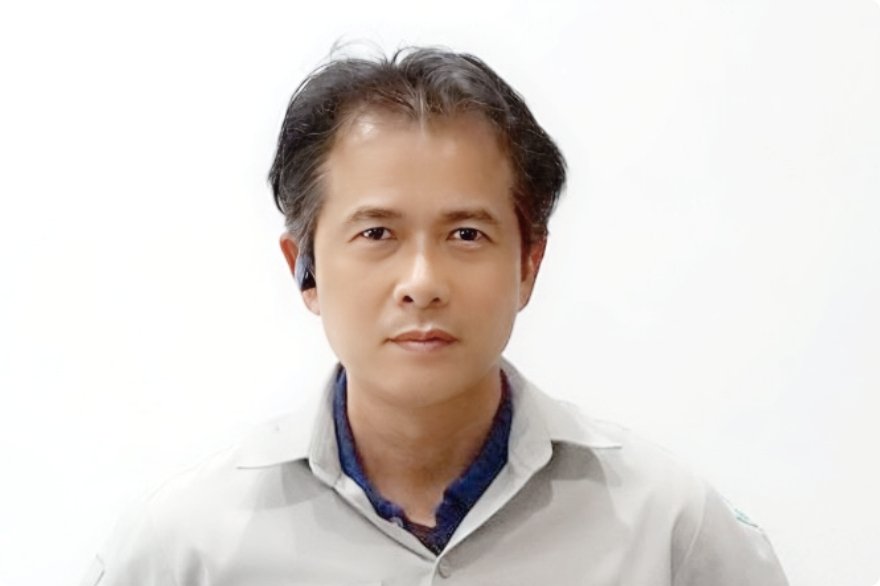The Company is committed to strengthening its hotel business to support the growth of the country’s tourism industry. This includes expanding hotel networks, offering a diverse range of hotel segments, and delivering high-quality services that provide unique experiences in prime location for tourist and economy. All operations are governed by principles of good corporate governance, with sustainable procurement and supply chain management as priorities.
Commitment to Excellence in Service
Beyond delivering hotel services aligned with Global Brand Standards, The Erawan Group encourages its hotels to adhere to various local and international standards relevant to hotel operations. These include ISO certifications, public health standards, and food safety standards like HACCP. Detailed information on the standards achieved by The Erawan Group’s hotels over the years is available at https://www.theerawan.com/en/our-pride
Each hotel operates under service frameworks and standards specific to its brand, defined by the brand owners with whom The Erawan Group holds management or franchise agreements. These brand owners conduct annual quality inspections. For HOP INN, which are fully owned and operated by The Erawan Group, service standards are internally developed. The group ensures systematic training and conducts service quality assessments at least once a year.
Sustainability standards for hospitality
The Erawan Group is committed to developing its business in alignment with national and international sustainability standards. In 2022, the Grand Hyatt Erawan Bangkok received a Gold-Level Green Hotel Certification while in 2023, Courtyard by Marriott Bangkok and HOP INN Chaeng Watthana awarded with ‘Gold’ and ‘Silver’ level of Green Hotel Certifications, respectively.
Additionally, four hotels achieved the 5-Star Sustainable Tourism Goals (STGs) under the STAR: Sustainable Tourism Acceleration Rating by the Tourism Authority of Thailand :
- The Naka Island, a Luxury Collection Resort & Spa, Phuket
- Holiday Inn Pattaya
- JW Marriott Bangkok
- Courtyard by Marriott Bangkok
The group aims to have all hotels under its portfolio certified for sustainability by 2024.
Furthermore, hotels managed under external franchises, particularly those within the Accor Group, are working towards obtaining the Green Key Standard. This is a leading certification for environmental excellence and sustainable practices in the tourism and hospitality industry.

Supply Chain Management
The partners are an important stakeholder of The Erawan Group. We emphasize the significance of their involvement and listen to their feedback continuously. This is achieved through fair business practices, creating opportunities for learning, improving work quality, and enhancing collaborative capabilities. We have established key criteria for classifying important trading partners to effectively assess risks within the business supply chain. Screening and selection criteria have been developed, along with payment policies. Furthermore, a Supplier Code of Conduct has been implemented to promote sustainable coexistence and create a mutually beneficial business environment.
Critical-tier Suppliers Criteria
The Erawan Group has established criteria for classifying critical-tier suppliers to assess risks and efficiently manage the business supply chain into 2 categories;
1. Broken down by value
Vendors/ contractors with transaction over 3 percent of total transactions with vendors/ contractors are considered to be significant suppliers of ERW (critical 1-tier)
2. Broken down by type of services
The Company has classified its business operations into 3 sub-operations; 1) Head Office 2) Project Development and 3) suppliers of hotel properties. There are operational differences between the three sub-operations, both type of vendors/ suppliers and large differences in contract value. Therefore, the Company has set type of vendors/ suppliers according to type of services as follows:
2.1. Project Development Suppliers
2.2. Hospitality Suppliers
2.3. Operation & Assessment Suppliers
In 2023, the Company has 3,367 suppliers, with 45 Critical 1-tier suppliers, accounted for 1.11 percent of total suppliers. Other details are broken down as follows:
| 2023 supplier category | Hospitality business | Project Development | Head Office | Total |
|---|---|---|---|---|
| Total suppliers | 3,367 | 172 | 509 | 4,048 |
| Critical 1-tier suppliers | 27 | 12 | 6 | 45 |
| General suppliers | 3,340 | 160 | 503 | 3,975 |
| Suppliers who acknowledge on Supplier Code of Conduct | n/a | n/a | n/a | n/a |
Supplier’s Pre-qualification and Selection Criteria
To effectively exercise business supply chain as well as mitigate risk within the chain, the Company has established ERW’s Pre-qualification Checklist to classify suppliers with these following criteria.
- Quality of Product/ Service
- Ability to Produce
- Product Quality Audit and Traceability
- Quality of Delivery
- After Sale Service
- Competitive Ability in Terms of Trade Conditions
- Reliable Financial
- Company's Reputation
- ESG framework for sustainable operations
Supplier Risk Assessment
The Company has analysed and ranked the importance of suppliers based on the volume of purchases and the type of services or products procured. These criteria have been used to prioritize the importance of suppliers.
During the process of assessing the risks that may occur within the business supply chain, the company considers various risk factors, including:
- Raw Material or Product Sourcing Risk : This refers to products that are scarce, products/services provided by a single supplier, or products/services that cannot be easily substituted.
- Strategic Risk : This includes products, materials, or services that are critical to the company's business operations.
- Social Risk : This involves suppliers who operate responsibly, prioritize occupational health and safety, and engage in fair employment practices. It also includes suppliers who do not violate human rights or engage in corrupt practices.
- Environmental Risk : This includes suppliers who adhere to operational or product standards that are environmentally friendly, such as having experience in green hotel practices, ISO 14001 environmental management certification, or offering eco-products.
- Reputation Risk : This pertains to suppliers with a track record or work practices that may negatively impact the company's reputation in the future.
Criteria for On-site Audit
Annual On-site ESG Audit Criteria for Eligible Suppliers
The Company has established criteria for suppliers that are eligible for the annual onsite ESG Audit with the following criteria.
- Project development suppliers
The Company considered the top 5 of critical tier 1 supplier based on highest transaction are vendors that eligible for onsite ESG audit as they are significant to cost of business operations. - Hospitality Suppliers
As hospitality business is a service provider business which food hygiene, health and safety is a crucial issue in operations. In addition, expenses relating to food and beverages are accounted for as a large transaction, especially in the luxury hotel sector. Therefore, The Naka Island, A Luxury Collection Resort and Spa has all their food supplier’s 100 percent onsite ESG audit conducted in 2023.
Credit Term Policy
The company prioritizes the liquidity and cash flow management of suppliers, giving equal importance to both small and large suppliers without discrimination. It is always mindful that the financial stability of suppliers directly affects their sustainable business operations as well as the long-term sustainability of both the suppliers and the company.
In line with this, we have a policy to define credit terms for suppliers, which ranges from 7 to 60 days. This is based on the payment history provided to suppliers in the past, as indicated by the following statistics.
| Credit term | 2019 | 2020 | 2021 | 2022 | 2023 |
|---|---|---|---|---|---|
| Average Credit Term (annual average) (day) | 39 | 29 | 31 | 31 | 27 |
Supplier Code of Conduct
Within the group of hotels managed by various brands, there are guidelines for business practices towards suppliers that consider social and environmental dimensions set by the affiliated brand. For instance, Hop Inn Hotel adheres to the guidelines set by the company. Link to https://www.theerawan.com/en/corporate-governance/code-of-conduct
In addition, we place importance on actively combating corruption and collusion within the business supply chain. The Erawan Group has become a member certified by the Thai Private Sector Collective Action Against Corruption (CAC). Furthermore, we have a policy to invite and support all suppliers of the Erawan Group to join CAC or other related networks that work towards anti-corruption and collusion, aiming to build a transparent society free from corruption and collusion.
เสียงสะท้อนจากคู่ค้า
ตลอดระยะเวลาที่ผ่านมา ดิ เอราวัณ กรุ๊ป ร่วมพัฒนาศักยภาพคู่ค้าและผู้รับเหมาไม่เพียงแต่เพื่องานก่อสร้างที่มีคุณภาพ แต่บริษัทฯ มีเจตนารมณ์ที่จะสร้างให้ผู้รับเหมาสามารถยืนหยัดให้ได้ด้วยตัวเองในระยะยาว เป็นผู้รับเหมาที่มีคุณภาพ สามารถต่อยอดในการทำงานร่วมกับบริษัทฯ อื่นๆ ได้ โดยในปีนี้ บริษัทฯ ได้สำรวจความคิดเห็นของคู่ค้าและได้รับเสียงตอบรับอันเป็นประโยชน์ต่อคู่ค้าและดิ เอราวัณ กรุ๊ป ในการทำงานร่วมกันในอนาคตต่อไป
The Company considers every customer important to its business operations. Therefore, it focuses on building strong relationships with all customer groups and taking care of every customer before, during, and after using its services. This includes services related to accommodation, dining, or other offerings provided by the company. At every stage, customer satisfaction is regularly evaluated to ensure the highest level of customer satisfaction.
Additionally, the Company places great emphasis on continuous service improvement, using customer opinions and feedback as key data for studying and analyzing behavior to develop services that truly meet customer needs. These service improvements are regularly updated to align with changing customer behavior, influenced by new trends or evolving circumstances. For instance, the company has enhanced cleanliness and hygiene standards uniformly across all hotel levels and upgraded the online room booking system to be more user-friendly and convenient for customers.
Customer Satisfaction Development Plan
Customer Satisfaction Result
To gauge customer satisfaction, every hotel within our group constantly assesses satisfaction of customers staying with us or enjoying our service. All hotels are to submit results of their customer satisfaction survey to senior management at the end of each month to analyze opportunity and challenges to accurately respond to customer needs. All hotels are to use scores of the previous year as a threshold to better their services. The Company measure customer satisfaction from these following channels;
- Customer Satisfaction Survey : This refers to a survey which allows customers to express their views regarding cleanliness, service quality and other hotel facilities. Each hotel will email the form to customers after they check out.
- Social Review Index : This is conducted through online and social media platforms such as OTA, Google Review and TripAdvisor. Acquired scores are then compared with those enjoyed by competitors. Results of the assessment during the past three years are as follows:
| 2020 | 2021 | 2022 | 2023 | |
|---|---|---|---|---|
| Average customer satisfaction scores of ERW’s hotels | 79% | 80% | 79% | 81% |
Vision on innovation
Vision on innovation has embedded with our “Corporate Culture of Sustainability”, consist of E = Empathy & Efficiency, P = Passion, I = Innovation & Integrity and C = Collaboration, or so-called ‘EPIC’

“Innovation: an innovative culture of sustainability that reflect a mindset of thinking differently to create new and challenging ideas that lead to innovations, improved processes, and better outcomes.”
Smart Guest Room Control
The Smart Guest Room Control innovation is a form of process innovation that builds upon existing technology. The company, in collaboration with BanpuNext, has introduced two advanced technologies to detect movement within guest rooms to reduce electricity consumption. Previously, motion-detection technology alone was used to save energy by cutting off room lighting. However, this sometimes led to inconvenience for guests who remained still in the room, as the lights would turn off unexpectedly. The innovation integrates room temperature detection alongside motion detection, improving accuracy. This ensures electricity is temporarily cut only when guests genuinely do not require it, without compromising their comfort or satisfaction.
The company has piloted this technology, named SensorFlow, in 7 guest rooms and evaluated energy savings, cost reduction, and the sensor's operational performance. Plans are in place to expand installation to other areas by 2024.
| Measurement | Result |
|---|---|
| Monthly energy saving (by calculation) | 44,975 kWh amounting to appx. THB 185,679 |
| Monthly energy saving (by actual consumption) | 47,949 kWh amounting to appx. THB 197,957 |
| Time duration of activated censor (expected) | 4.50 hour/ room/ day |
| Time duration of activated censor (by actual consumption) | 6.29 hour/ room/ day |
Remark Calculated from average of 1 kWh = THB 4.1285
Other business innovations and technology
HOP INN, a budget hotel network under supervision of ERW, has been continually improving its operational cost and efficiency at all aspects while maintaining its service quality and customer satisfaction.
More DetailsHOP Inn's Chatbot booking system is a service that adds more channels for customers to conveniently make reservations. It also supports branch expansion which is increasing every year. The booking via Chatbot grew 2 times compared to 2021, with the Chatbot efficiency the workload of call center is subside and improving the quality of life of employees.
The Company facilitates customers with sustainable lifestyle by providing EV charging stations at most of our hotels. In 2023, we expand the installation of EV charging stations to 4 HOP INN Thailand; HOP INN Kanchanaburi, HOP INN Chonburi, HOP INN Hua Hin and HOP INN Chiang Mai. currently, 10 properties under The Erawan Group has equipped with the EV charging station from our partners.

Digital Transformation and Cyber Security
The company and its affiliates have established policies and guidelines to maintain the security of information systems, data storage including supportive measures in the event of an emergency as follows;
- Prepare to support. The Personal Data Protection Act and the Computer Crime Act, both in terms of training and educating employees and install the software system to protect corporate data and relevant stakeholders
- Study tools and methods for managing, monitoring, and analyzing cybersecurity systems.
- Conduct a phishing mail test to make employees aware of email usage.
- Educate employees to be aware of various threats via email, intranet, and social media by giving examples of cybersecurity cases from time to time to prevent potential risks.
- Prepare a 5-year plan on information technology to support the changes and growth of the company.
- Optimize the Windows operating system to support Active Directory and Security by Azure AD.



